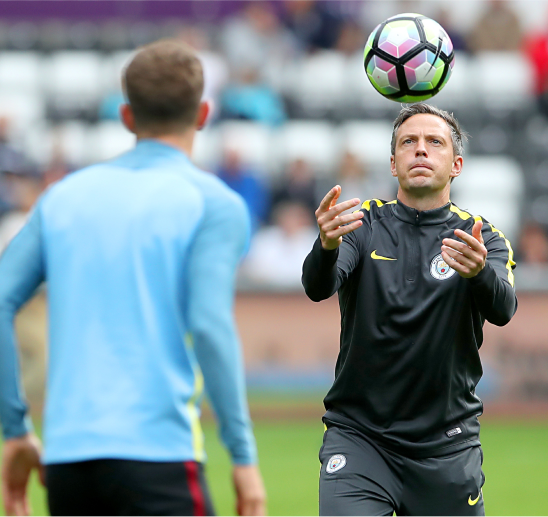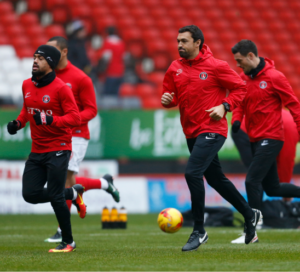Sports Science

SPORTS SCIENCE AND FOOTBALL
Sport Science analyses, through scientific principles, how the human body reacts during exercise and sport. The Sport Scientist analyse how physical activity and exercise generate health in the athlete and through detailed knowledge of systems ensure athletes can fulfil their full potential.
Supported to optimise performance in training and competition.
Sport Science includes areas of anatomy, physiology, psychology, biomechanics and biochemistry.
Entry requirements:
Many universities offer undergraduate and postgraduate degrees in Sports Science.
A-Levels:
ABB-AAA
Preferred Science Subjects: Biology/Human Biology, Chemistry, Economics, Geography, Mathematics, PE/Sports Studies, Psychology, Physics, Statistics and Geology.
Advantageous:

Principle Role & Responsibilities within Professional Football
Sports Scientists are part of a multi disciplinary team contributing to the athletic development of sportsmen and women and ensuring all are adequately supported to optimize performance in training.
In general, a Sports Scientist will;
Optimise player performance in training and competition.
Have specific responsibility for managing and overseeing the design, planning and delivery of a cohesive and systematic provision of sports science/performance support across all aspects of the football operation at a club.
Will have responsibility for managing and overseeing the design, planning and delivery of a cohesive and systematic strength and conditioning programme for first team players to facilitate high performance and reduce injury risk.
Provide performance support to players and coaches across the Club.
Work in conjunction with colleagues across the Performance Department to ensure that players at all levels of the performance continuum are appropriately supported to optimise their performance in training and competition.
Essential Requirements
- A degree in Sports Science or equivalent related discipline ISAK Level 1 accreditation.
- Evidence of recent CPD and a comprehensive CPD portfolio
- Experience within a multi-disciplinary team
Desirable
- BASES Accreditation
- Completion of the MPA Diploma: Preparing for work in professional football
- Evidence of using Evidence of recent CPD and a comprehensive CPD portfolio.
- Gym-Based Training in a rehabilitation setting
- Knowledge of football specific software is desirable
- Ability to record and analyse training and match GPS data
- Able to deliver strength and fitness testing
- Provide pitch based first aid
- Deliver and manage nutritional strategies for players
- Knowledge of performance analysis techniques and programs.
- UKSCA accreditation or coach competency framework

The FMPA highly recommends
Membership of the FMPA. This demonstrates a desire to engage with and network with professional colleagues in the game and to keep up to date with the very latest in the industry via our website magazine and annual Conference
First Aid at Work certificate/IFAS
Work experience within the sports/football sector such as volunteering at non league level



